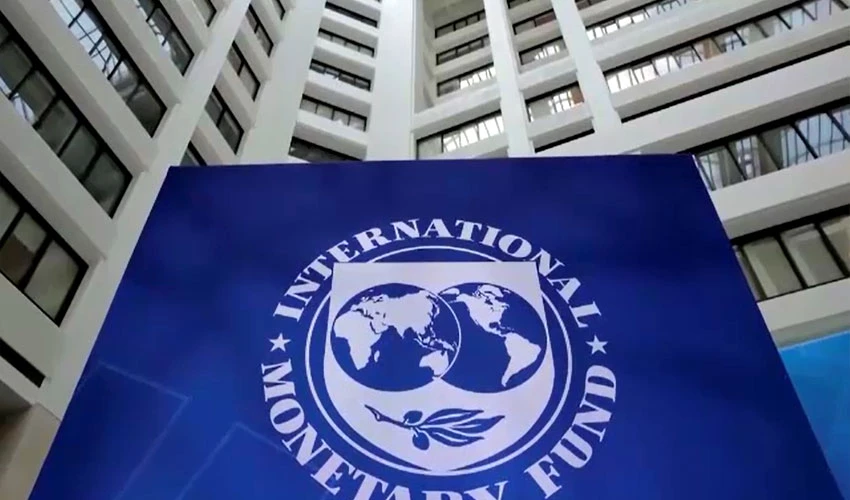IMF Executive Board approves combined 7th and 8th reviews of Extended Fund Facility for Pakistan

WASHINGTON (92 News) - The Executive Board of the International Monetary Fund (IMF) approved the combined seventh and eighth reviews under the Extended Fund Facility (EFF) for Pakistan, allowing the authorities to draw the equivalent of SDR 894 million (about US$1.1 billion).
According to a press release issued on Monday, the authorities have taken important measures to address Pakistan's worsened fiscal and external positions resulting from accommodative policies in FY22 and spillovers from the war in Ukraine, and which have placed significant pressure on the rupee and foreign reserves.
The immediate priority is to continue the steadfast implementation of the recently approved budget for FY23, adherence to a market-determined exchange rate, and pursuit of a proactive and prudent monetary policy. It is also important to continue to expand social safety to protect the most vulnerable and accelerate structural reforms including to improve the performance of state-owned enterprises (SOEs) and governance.
Pakistan is at a challenging economic juncture. A difficult external environment combined with procyclical domestic policies fueled domestic demand to unsustainable levels. The resultant economic overheating led to large fiscal and external deficits in FY22, contributed to rising inflation, and eroded reserve buffers. The program seeks to address domestic and external imbalances, and ensure fiscal discipline and debt sustainability while protecting social spending, safeguarding monetary and financial stability, and maintaining a market-determined exchange rate and rebuilding external buffers.
The Executive Board also approved the authorities' request for waivers of nonobservance of performance criteria.
Following the Executive Board's discussion on Pakistan, Ms. Antoinette Sayeh, Deputy Managing Director and Acting Chair, issued the following statement:
“Pakistan’s economy has been buffeted by adverse external conditions, due to spillovers from the war in Ukraine, and domestic challenges, including from accommodative policies that resulted in uneven and unbalanced growth. Steadfast implementation of corrective policies and reforms remain essential to regain macroeconomic stability, address imbalances and lay the foundation for inclusive and sustainable growth.
“The authorities’ plan to achieve a small primary surplus in FY2023 is a welcome step to reduce fiscal and external pressures and build confidence. Containing current spending and mobilizing tax revenues are critical to create space for much-needed social protection and strengthen public debt sustainability. Efforts to strengthen the viability of the energy sector and reduce unsustainable losses, including by adhering to the scheduled increases in fuel levies and energy tariffs, are also essential. Further efforts to reduce poverty and protect the most vulnerable by enhancing targeted transfers are important, especially in the current high-inflation environment.
“The tightening of monetary conditions through higher policy rates was a necessary step to contain inflation. Going forward, continued tight monetary policy would help to reduce inflation and help address external imbalances. Maintaining proactive and data-driven monetary policy would support these objectives. At the same time, close oversight of the banking system and decisive action to address undercapitalized financial institutions would help to support financial stability. Preserving a market-determined exchange rate remains crucial to absorb external shocks, maintain competitiveness, and rebuild international reserves.
“Accelerating structural reforms to strengthen governance, including of state-owned enterprises, and improve the business environment would support sustainable growth. Reforms that create a fair-and-level playing field for business, investment, and trade necessary for job creation and the development of a strong private sector are essential.”







